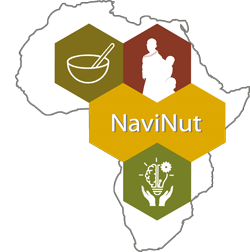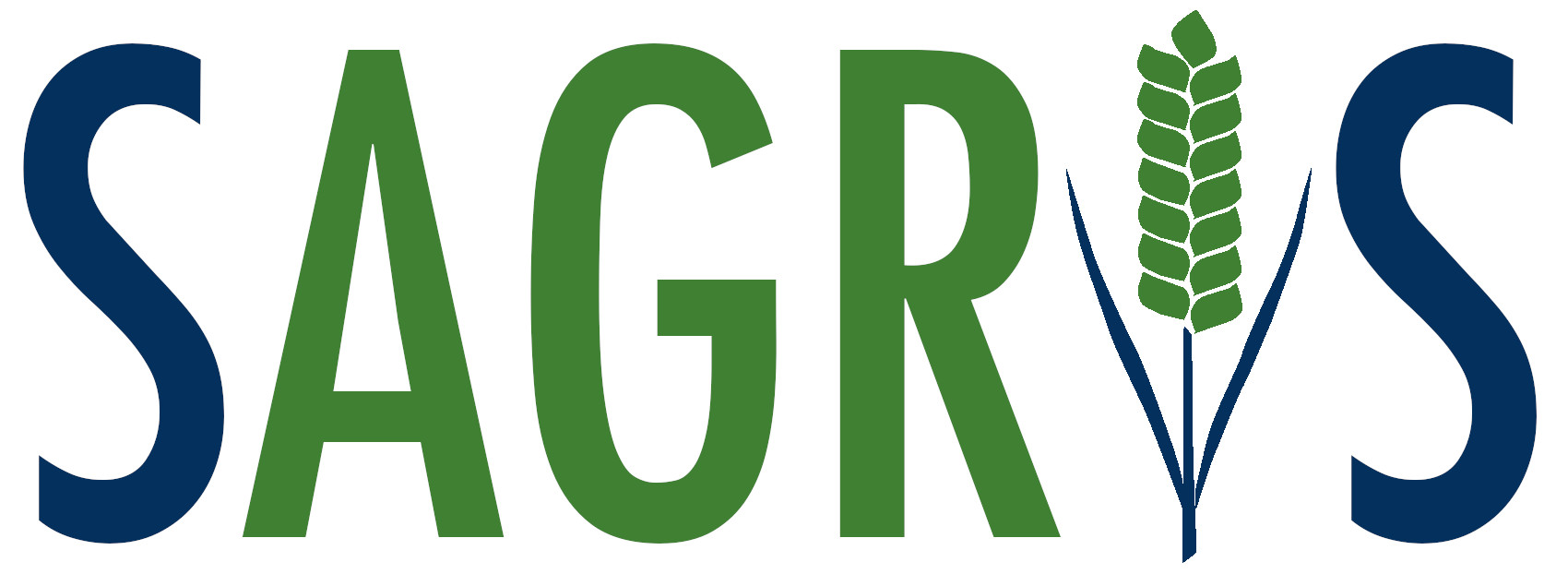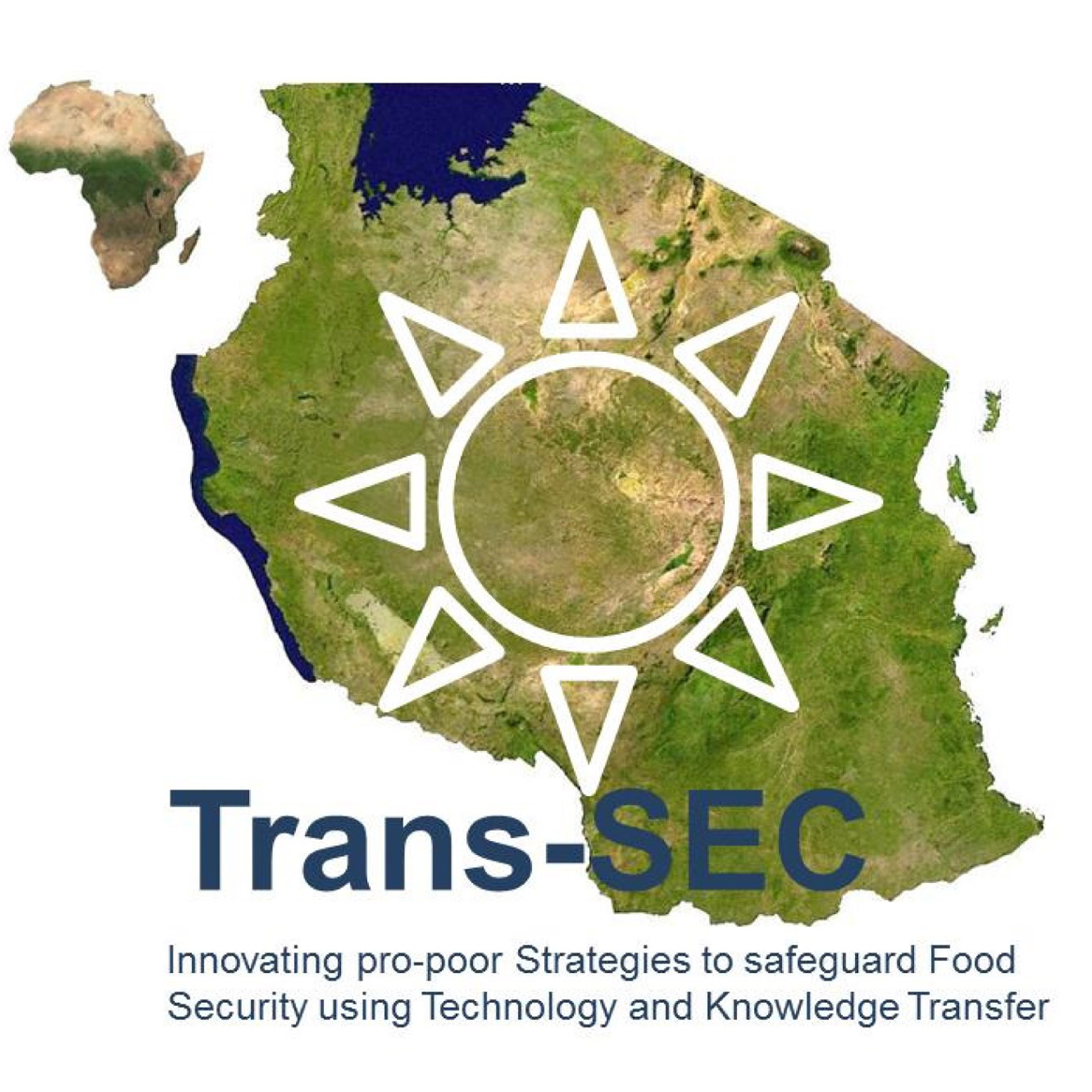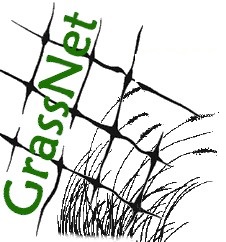Participatory problem analysis of crop activities in rural Tanzania with attention to gender and wealth: ‘setting the scene’ to enhance relevance and avoid exclusion in pro-poor innovation projects
Food Security, 10(4), 859–878, https://doi.org/10.1007/s12571-018-0791-6Many Agricultural Research for Development (AR4D) projects continue to treat smallholder farmers as a homogenous social group and ignore the de-facto exclusion of certain subgroups that are hard to reach due to a variety of social, economic or cultural factors. This study took place as a first step in an AR4D project (Trans-SEC) that focussed on innovation testing with smallholder farmers in Central Tanzania. A participatory problem analysis aimed to develop understanding by researchers of the farmers’ crop production system and the local context. A participatory approach was employed to identify the main problems from the perspectives of farmers, giving attention to socio-economic and gender-related differences. Extracting from a larger participatory situation analysis, this paper describes the approach, methods and results of the problem analysis and also incorporates results from a household survey of the key problems faced by different smallholder farmers across four case study sites in the Morogoro and Dodoma regions of Tanzania. Results from the participatory sessions contextualised the quantitative results derived from the concurrent household survey. The paper highlights the critical problematic circumstances of low-income households, which are suffering most from inter-connected problems across their crop activity system. Results point to the problem of a lack of labour and time available to women, especially those heading households or of lower economic status. We argue from these results that intersecting, socially differentiated problem situations are an important consideration in defining relevant points of entry for AR4D projects and for shaping subsequent stages of research design to foster more inclusive, pro-poor processes. We conclude by outlining the benefits and challenges of conducting a participatory situation analysis as a first step in an AR4D project.






 NaviNut
NaviNut





